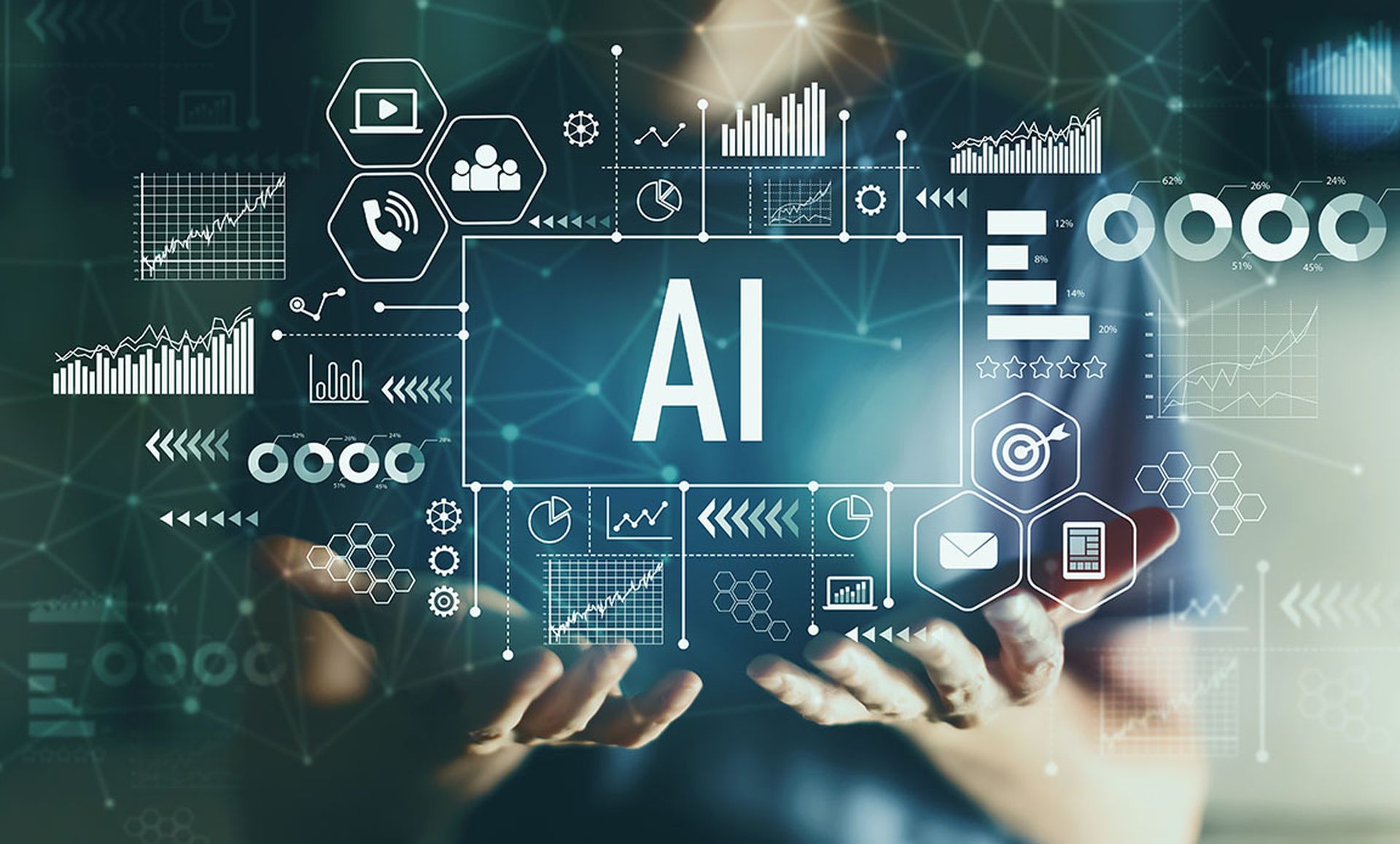MSSPs should be paying close attention to developments in generative AI (GenAI) because interest in GenAI is rising faster than other types of AI, and enterprise customers are adopting, or planning to adopt, GenAI at a rapid pace.
Gartner predicts that, by 2026, eight in 10 enterprises will have GenAI APIs or models in use or have deployed GenAI-enabled applications in their production environments. That’s a major increase from under 5% in 2023, according to Gartner’s 2023 Hype Cycle for Generative AI, which also named GenAI as one of three influential technologies being added to enterprise applications that will have a major effect within the next ten years.
Generative AI models are designed to create new content, unlike predictive AI models which can forecast outcomes, whether that’s weather, stock market trends or cybersecurity threats. Both types of AI require volumes of data to produce output. A GenAI model can create articles, speeches, summaries of technical data, new product designs, and marketing collateral. According to Gartner, 30% of all outbound marketing messages from large organizations will be written by GenAI by 2025, compared to just 2% in 2022.
Generative AI is currently (or will soon be) embedded in a wide range of enterprise applications in customer service, equipment maintenance, procurement and supply chain, code production and documentation, and of course, IT security.
BlackBerry vice president of product and technical marketing, Paul Zimski, notes, “Being competitive as an MSSP is all about delivering superlative customer outcomes downstream while constantly looking for ways to be more efficient operationally. Both generative and predictive AI models have a lot to offer in this endeavor. While GenAI is getting a lot of hype as it should, it’s important to understand how your MSSP can leverage specific use cases and convey value delivered to clients.”
MSSPs should consider whether generative AI could be useful in these areas:
- Supply chain analysis. The Deloitte AI Institute, in its report “The Generative AI Dossier” observed that supply chain managers can use generative AI to sift through information on their company’s partners, weather forecasts, shipping routes, warehouse locations, seasonal demand patterns and other factors to identify inefficiencies or problems and suggest changes.
- Programming and documentation. Reviewing code, suggesting coding, and writing drafts of documentation are all tasks that a GenAI model can be trained to do. The Deloitte report notes that GenAI can identify important code blocks and add comments and write code summaries to help other developers. That, in turn, can speed up development and enable programmers to be more productive. GitHub CoPilot, which assists programmers with coding suggestions and advice, is a good example.
- Customer service. We already see GenAI being used in customer service chatbots, but it can also be trained to advise customer support reps and help desk technicians, by quickly identifying past resolutions to similar problems, offering options for resolution based on corporate policies or drafting summaries of calls.
- Maintenance support. Network and equipment maintenance engineers may need more technical information than they can carry with them. A GenAI support model could retrieve relevant information, create a summary of the problem, and make recommendations. Such assistance can help engineers work faster, without having to go reference documents or involve other staff.
- Sustainability goals. Large companies that report on their sustainability programs, such as reducing emissions and waste can use AI to help identify the best tactics for improving sustainability and to even draft sustainability plans. By 2030, AI could help reduce global CO2 emissions by 5-15% according to the Boston Consulting Group (BCG). (AI models themselves consume large amounts of energy—a problem that AI itself, hopefully, will resolve in the future.)
- IT security support. IDC’s research director for security, Michelle Abraham, observed in her blog that generative AI can be used to automate repetitive security tasks, provide context for security alerts, write playbooks for common scenarios, and reverse engineer malware. BlackBerry recently unveiled a GenAI-powered assistant for security operations centers (SOC) that provides cyberthreat analysis and suggestions to help staff solve problems and mitigate threats faster. That can offer relief to under-staffed security teams and give SOC employees more time to devote to other projects.
Of course, the AI community will have to address concerns over accuracy with generative AI before it can be trusted to operate without human oversight. Recent media reports of AI-enabled apps creating articles with fake data or court briefs referencing non-existent legal cases decrease the trust that end-users have in AI products. However, generative AI models will likely become more accurate over time, increasing consumer trust.
It’s still the early days for generative AI, but already many enterprises are using generative AI in their operations. One-third of all respondents to McKinsey’s survey The State of AI in 2023: Generative AI’s Breakout Year, say their organizations are already regularly using generative AI for at least one function. MSSPs should closely evaluate how they might leverage generative AI to help them be more efficient and productive, and to give more value to their customers.
Want to know more about AI in cybersecurity? You’ll find more information at BlackBerry Cybersecurity. To learn how to become a BlackBerry MSSP partner, visit the BlackBerry MSSP Partners portal.
Guest blog courtesy of BlackBerry Cybersecurity. Read more BlackBerry Cybersecurity blogs and news here. Regularly contributed guest blogs are part of MSSP Alert’s sponsorship program.




